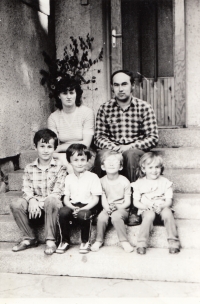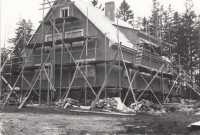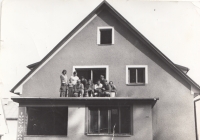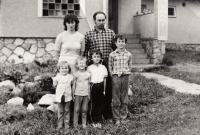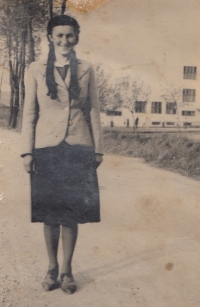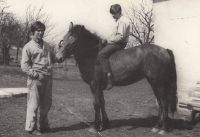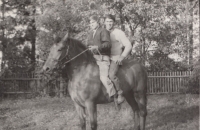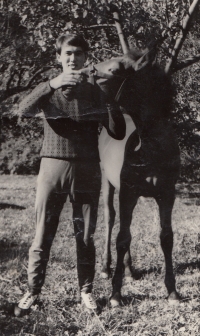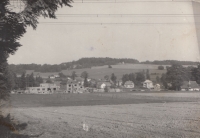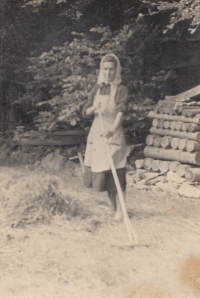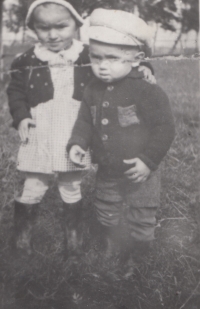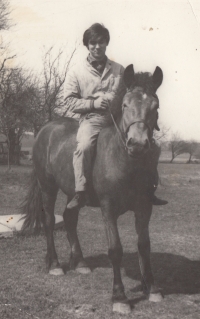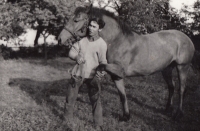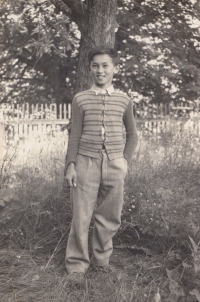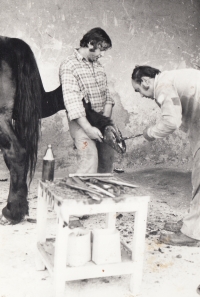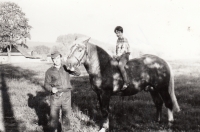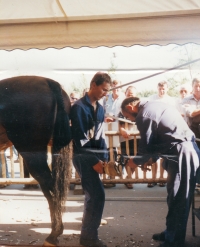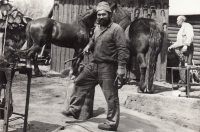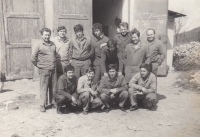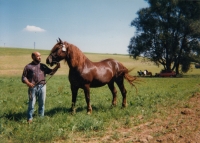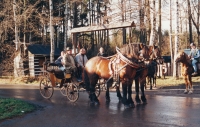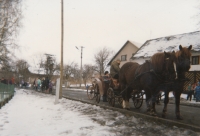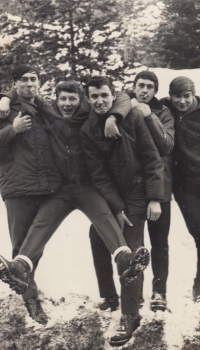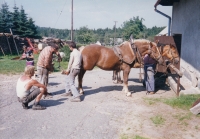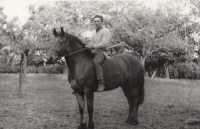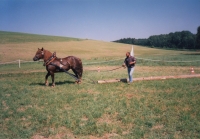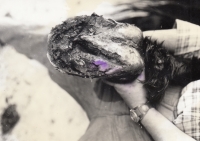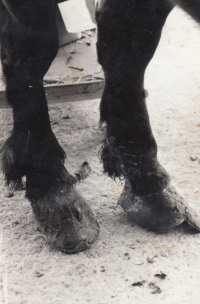I was born a class enemy and I will die like one

Download image
Josef Mlynář was born on 6 December 1950 in the settlement of Dědek near Polička. A day before he was born, his father Josef died, and his widowed mother Marie took care of the family farm, which was sought by the local Unified Agricultural Cooperative (JZD). She resisted the pressure until 1959, when, apparently under the threat of accusation of wood theft, she signed up to join the cooperative. For many years, her little son Josef was a great support for her. He inherited his love for horses from his ancestors. In September 1965, after completing primary school, he entered the vocational school in Jaroměř in the field of blacksmith - farrier. He was then employed at the collective farm in Borová, where he worked in a workshop, and was later entrusted with the care of a traditional horse breed called the Czech-Moravian Belgian. After 1991, he started a private business and rented a forge in Borová, which he later tried. The restitution dispute lasted eleven years and appealed to the International Court of Justice in Geneva. Josef Mlynář worked for twenty years in the Borová Municipal Council. After retiring, he continued to farm and breed horses with his sons. Since 1999, he has traditionally organized the Forman Day in Borová, where he still lived at the time of filming (September 2020).
